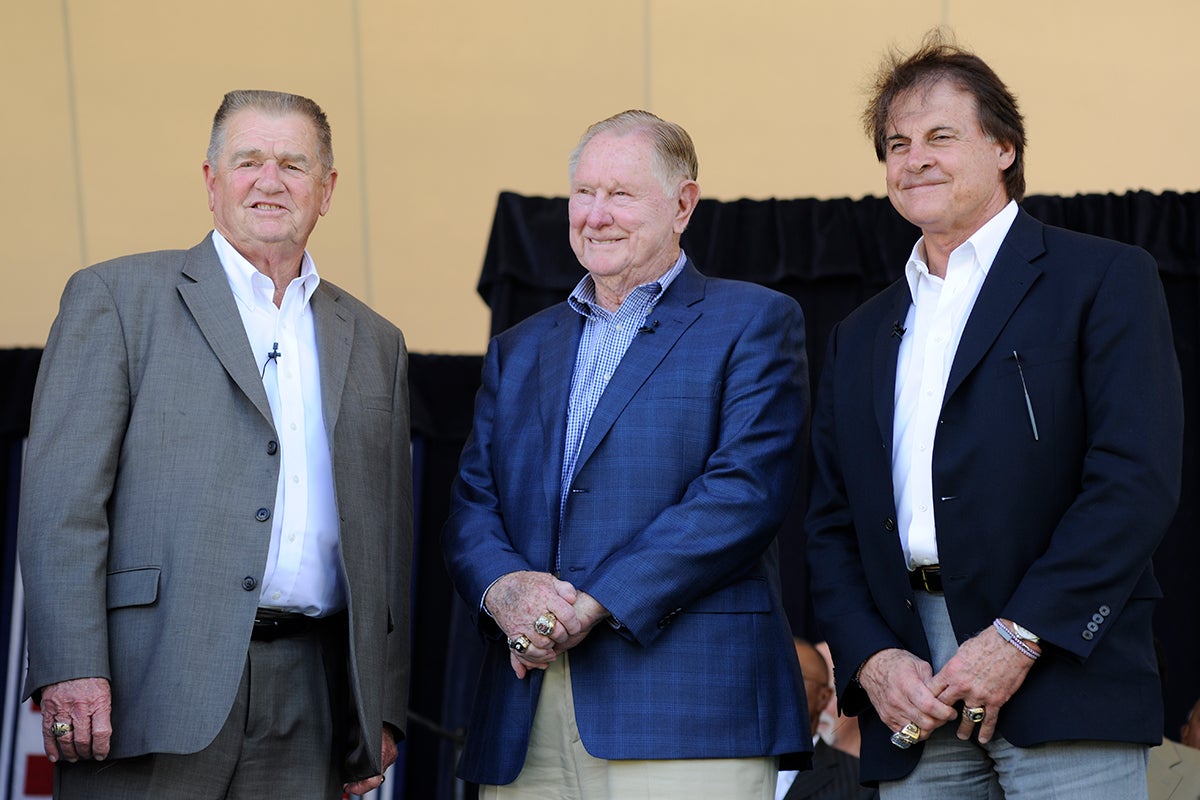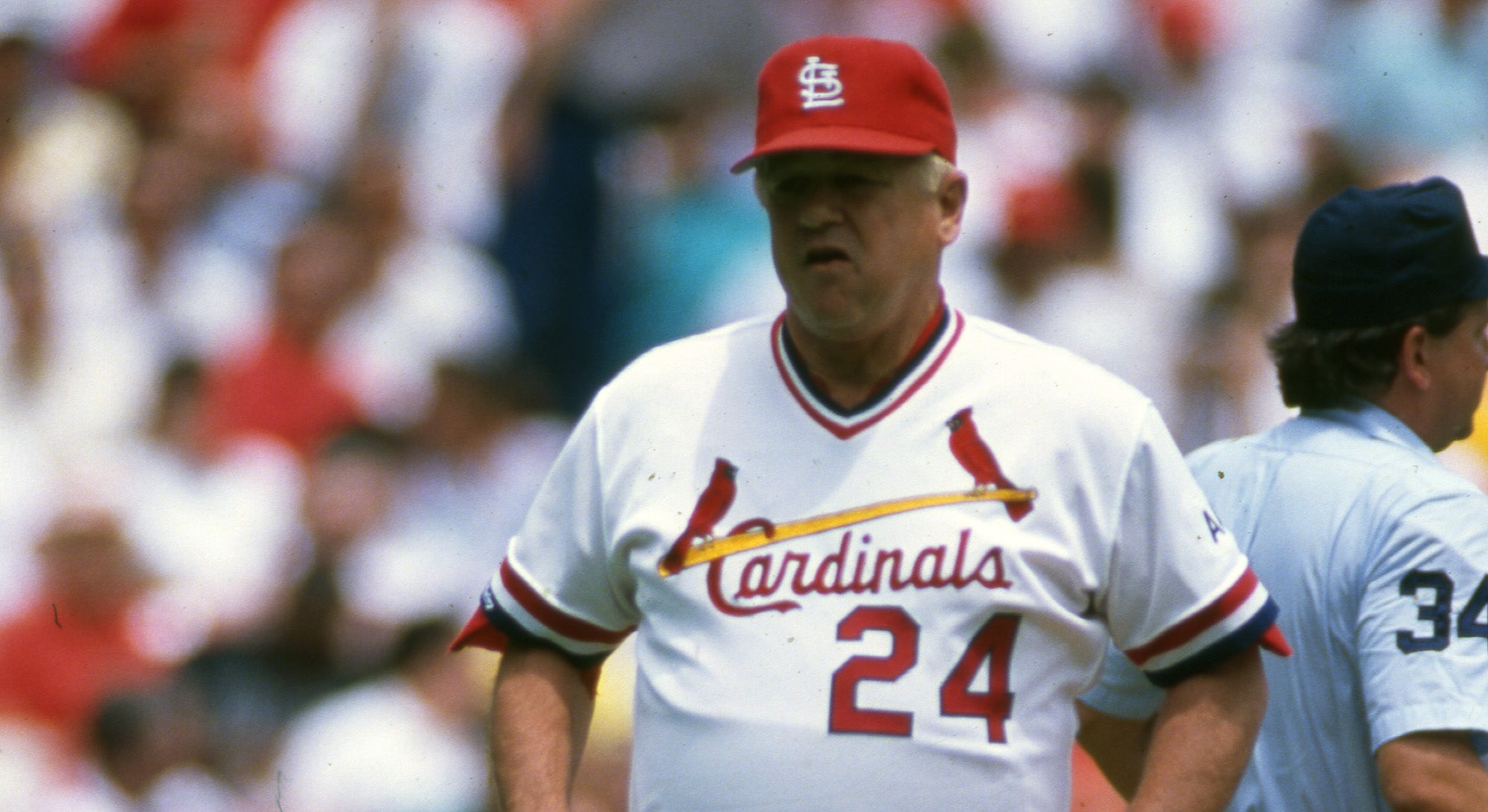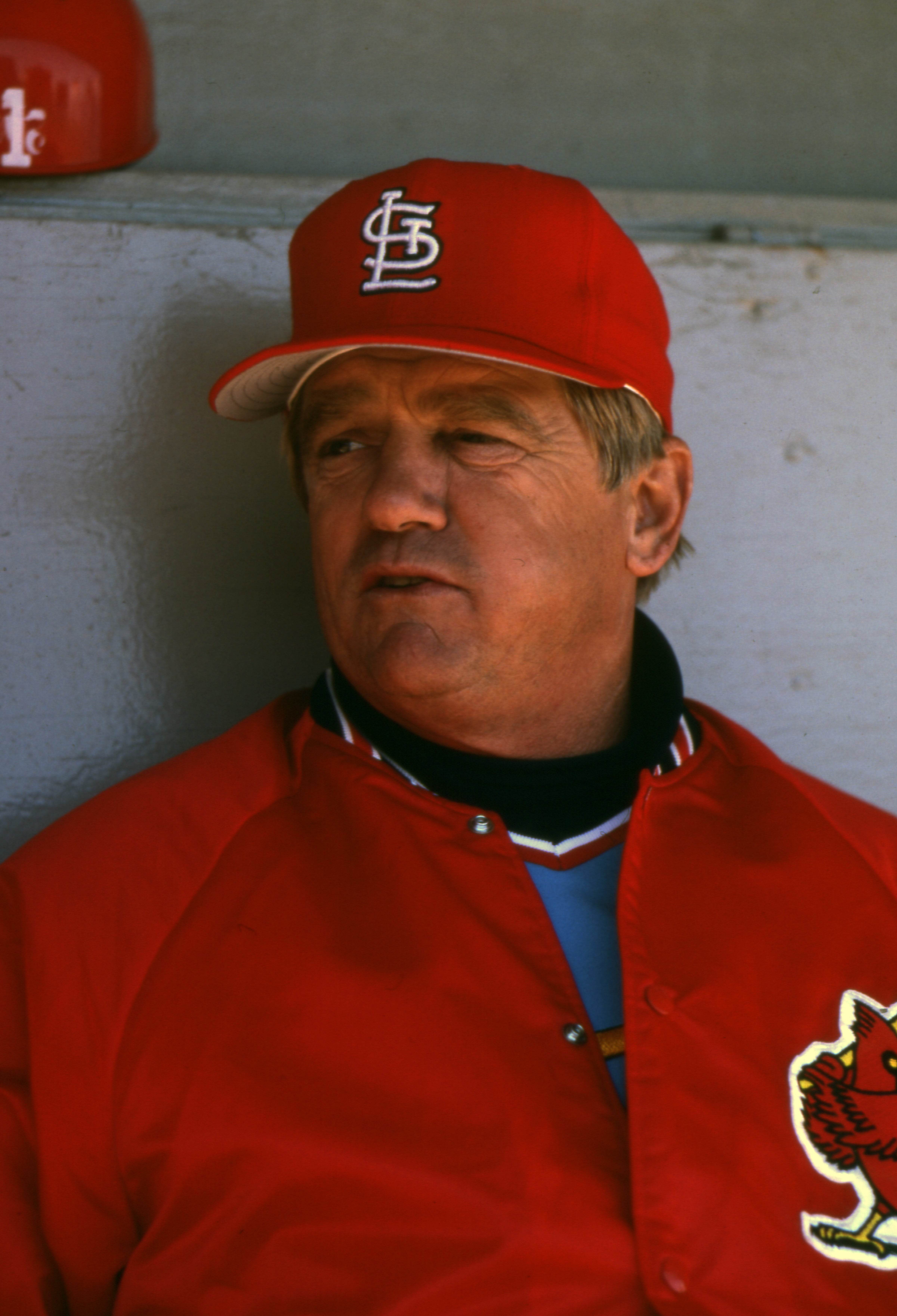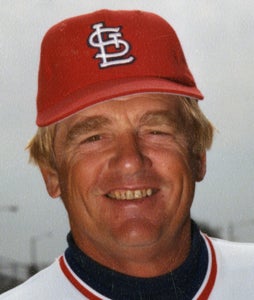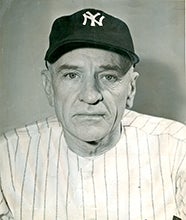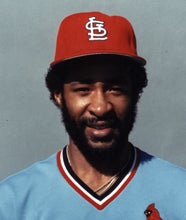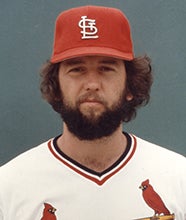- Home
- Our Stories
- Whitey Herzog remembered as one of game’s top strategists
Whitey Herzog remembered as one of game’s top strategists
He turned Missouri baseball into a national phenomenon in the 1970s and 80s, leading the Kansas City Royals and St. Louis Cardinals to first-place finishes and postseason glory.
Along the way, Whitey Herzog helped create a fundamentally strong strategy based on pitching, defense and speed perfectly tailored to his clubs’ ballparks – a concept that became known as Whitey Ball.
Herzog died Monday, April 15, at the age of 92. He managed for 18 seasons in the big leagues, 11 of them with the St. Louis Cardinals after stops in Texas, California and Kansas City. He won six division titles, three pennants, a World Series, the 1985 National League Manager of the Year Award and finished with a .532 winning percentage as a skipper.
He was inducted into the Hall of Fame in 2010.
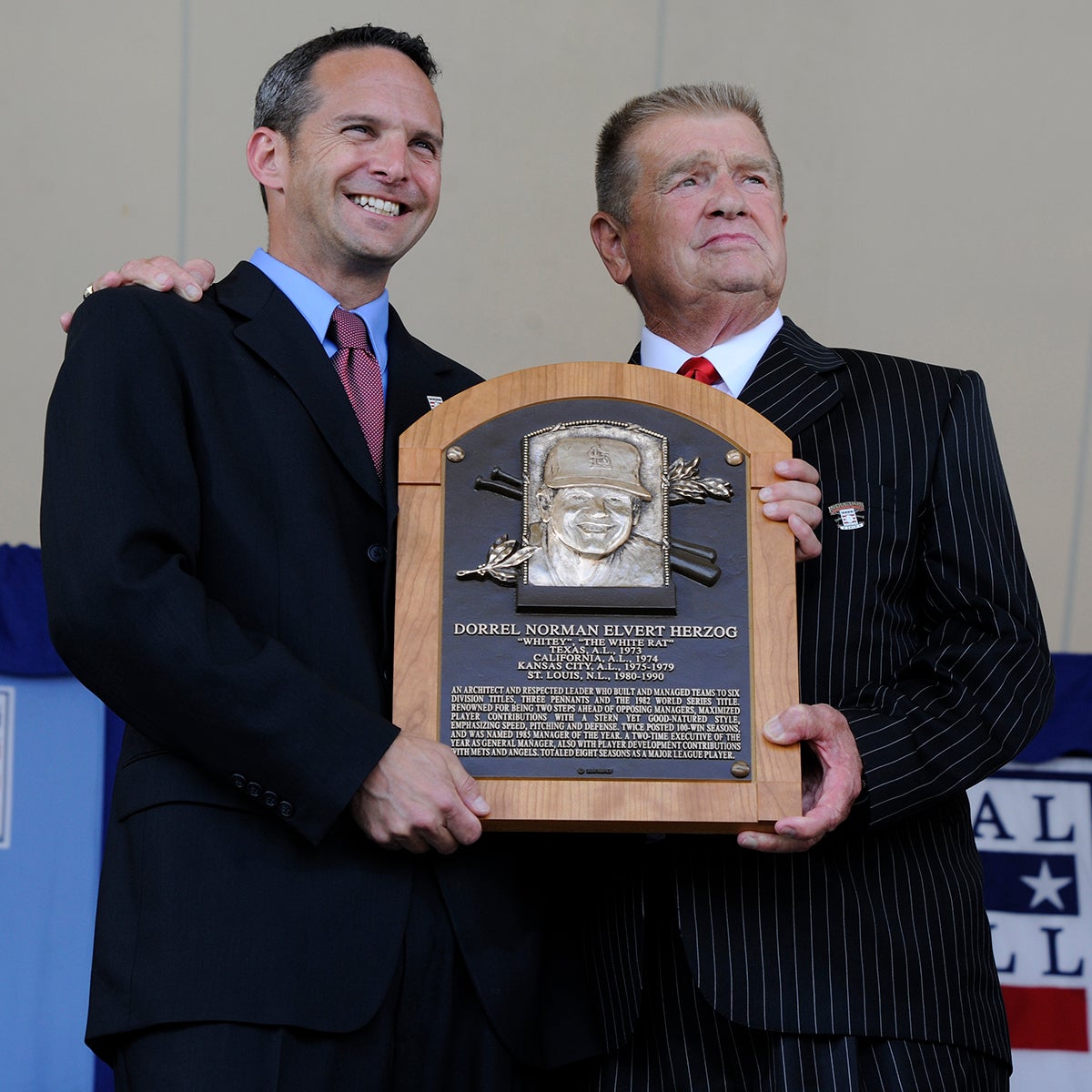
“Whitey Herzog devoted his lifetime to the game he loved, excelling as a leader on and off the field,” said Jane Forbes Clark, Chairman of the Board of the National Baseball Hall of Fame and Museum. “Whitey always brought the best out of every player he managed with a forthright style that won him respect throughout the game. His passion for the Hall of Fame was evident each time he returned to Cooperstown, and we will forever miss his smile and warmth. We extend our deepest sympathies to his wife, Mary Lou, and his family.”
Dorrel Norman Elvert Herzog was born on Nov. 9, 1931, in New Athens, Illinois, and grew up watching big league games in nearby St. Louis. The lefty swinging outfielder did well enough as an amateur to sign with the Yankees in 1949 but found his path to the big leagues blocked in the well-stocked New York farm system.
But Yankees manager Casey Stengel took a liking to Herzog and began schooling the youngster in the intricacies of the game. Herzog would eventually be traded by the Yankees to the Senators and went on to play eight seasons for Washington, Kansas City, Baltimore and Detroit. But it was after he hung up his spikes that Herzog found his true calling.
Herzog became a coach with the Athletics soon after his playing career ended, then joined the Mets as a coach and later served in their player development office. He helped acquire many of the players that led the Mets to the World Series title in 1969 and the National League pennant in 1973. But by the fall of 1972, Herzog had signed on to become the manager of the Texas Rangers, a position he held for most of the 1973 season before being dismissed.
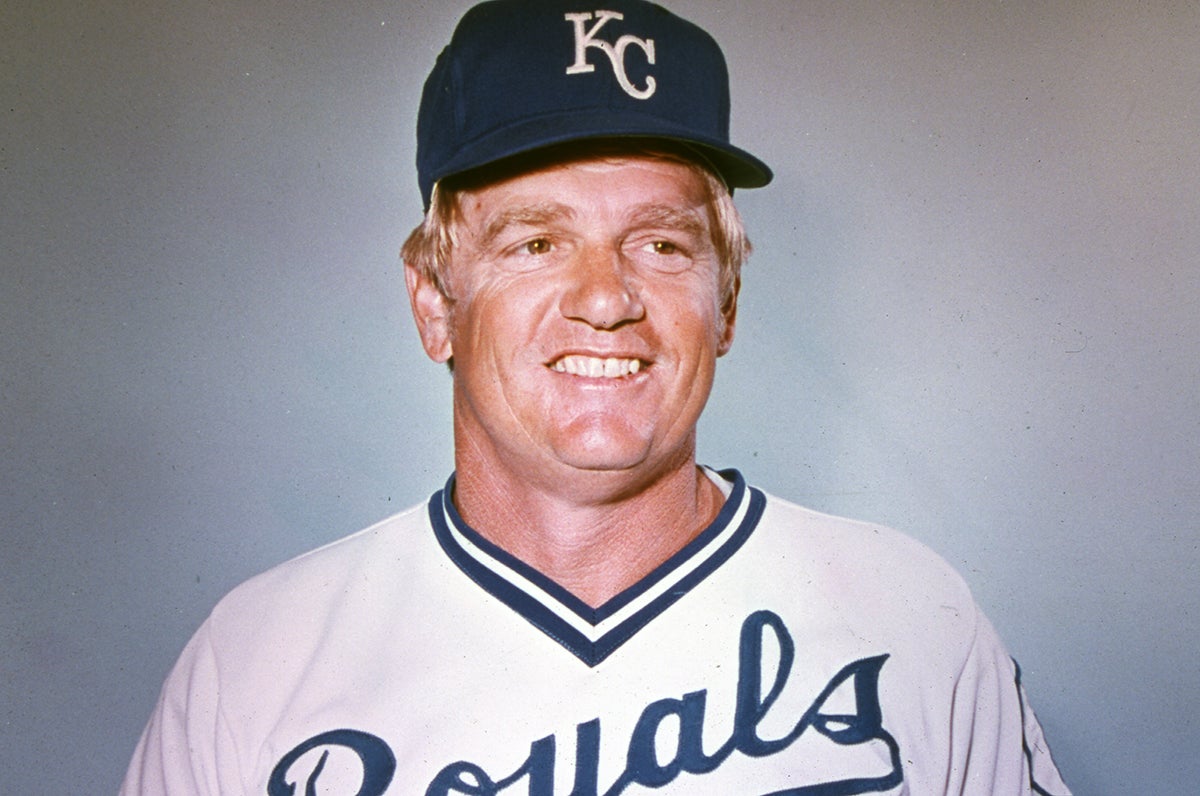
After serving as a coach and interim manager for the Angels in 1974, Herzog took over a young Royals team midway through the 1975 campaign. The next season – in just their eighth year in the American League – the Royals won the AL West. Herzog led the Royals to division crowns in 1977 and 1978 as well, each time falling to the Yankees in the ALCS.
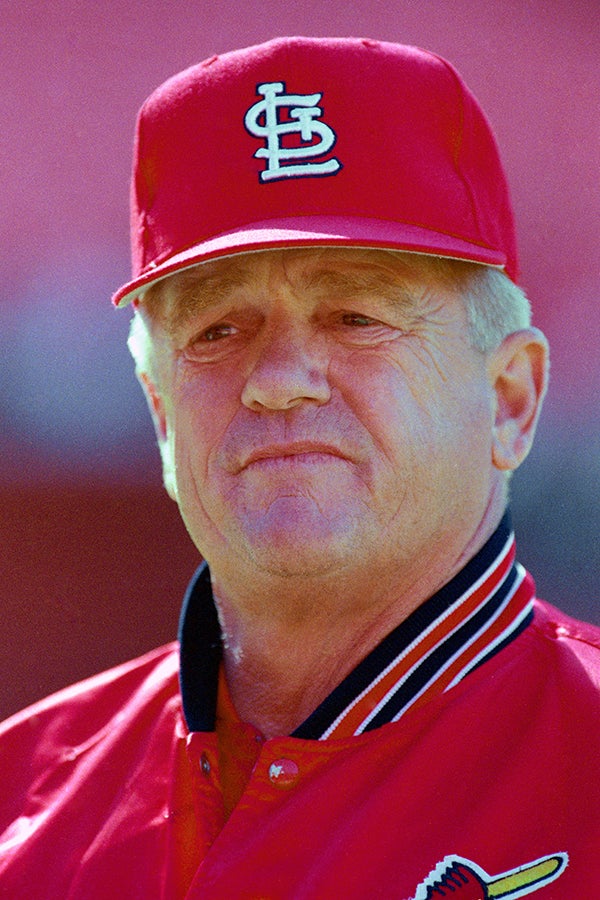
Dismissed from the Royals following the 1979 season, Herzog signed on with the Cardinals in 1980 – taking over as field manager and general manager. He quickly restocked the Redbirds with a number of trades, including acquiring future Hall of Famers Bruce Sutter and Ozzie Smith in back-to-back offseasons.
By 1982, the Cardinals sat atop the baseball world after defeating the Brewers in the World Series. And Whitey Ball began spreading throughout the game, favored by teams with artificial turf fields and speed-laden lineups.
“I don’t think you can find a player that dislikes (Herzog),” said Gene Tenace, who played for Herzog with the Cardinals in 1981 and 1982. “He’s blessed with a special gift to deal with players.”
Herzog led the Cardinals to National League pennants in both 1985 and 1987, losing seven-game World Series each time. He was widely considered one of baseball’s best tacticians throughout the decade of the 80s.
“Obviously, with Whitey over here, the thinking of the whole organization changed to go along with his philosophy,” said Cardinals second baseman Tommy Herr. “He began to systematically surround himself with coaches and players who took a more aggressive, more serious approach to the daily business of winning games.
“I think what he did was to get everybody focused on more team-oriented goals instead of individual goals.”
Herzog stepped away from the dugout during the 1990 season with 1,281 wins and a .532 winning percentage, leading his teams to six first-place finishes.
